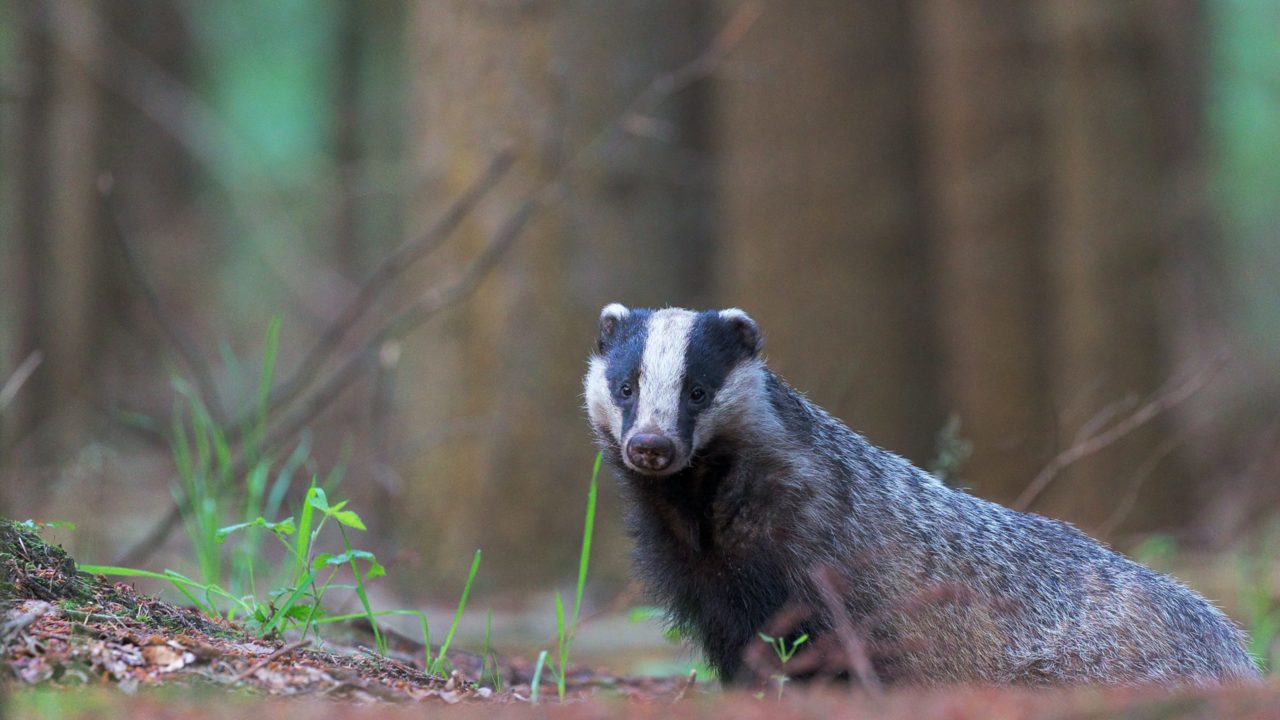A research project funded by the Department for Environment, Food and Rural Affairs (Defra) has found that farmers are not willing to vaccinate badgers in the fight against bovine tuberculosis (bTB).
The research, which was led by the Countryside and Community Research Institute at the University of Gloucestershire, found that farmers and stakeholders are broadly willing to vaccinate cattle for bTB – when it is affordable and any trade implications are clear – but do not believe in badger vaccination.
The results of the project, which explored the attitudes present at farmer workshops across England and Wales in areas with varying bTB prevalence, were published yesterday (Thursday, November 24).
Of the workshops held, one covered badger vaccination and the other covered cattle vaccination.
Badger bTB vaccination
Participant responses at the workshops were overwhelmingly negative towards all four scenarios given for badger vaccination against bTB.
The scenarios presented to the farmers included a government-led approach; a science-led approach; a post-cull approach; and a combined approach, whereby cattle and badger vaccination programmes are delivered simultaneously.
The science-led scenario was seen as the least unattractive by farmers.

Farmer concerns over badger vaccination included:
- Difficulties in trapping badgers for vaccination (due to post-culling trap shyness);
- Lack of clarity over the level of protection from bTB for cattle after vaccinating badgers;
- Biosecurity concerns related to volunteers coming on-farm to perform vaccinations.
Dr. Charlotte Chivers, lead author of the badger vaccination report, said: “Farmers do not see badger vaccination as a realistic option for controlling bovine TB.
There are, however, some steps that could be taken to gradually increase the likelihood of them accepting this as an approach she said.
“Firstly, robust scientific trials should be carried out to build trust in the approach,” Dr. Chivers said.
“Secondly, doses should be provided free of charge, with farmers paid for any time spent on delivery.
“Alternative approaches to trapping badgers in an ethical way should also be sought, as most participants felt that the current approach is extremely inefficient.
“Lastly, farmers should be given more of a voice in the public sphere so that they feel more empowered; they have strong knowledge of bovine TB but often feel that they aren’t listened to.”
Cattle bTB vaccination
At the workshops, farmers and agricultural stakeholders were presented with a range of scenarios for cattle vaccination, which allowed the research team to explore how vaccines could be rolled out.

These included a mandatory scenario, an individual voluntary scenario and a scenario where local groups deliver the vaccines.
Prof. Damian Maye, lead author of the cattle vaccination report, said: “Farmers and agricultural stakeholders were generally supportive of cattle vaccination, particularly where vaccination does not result in barriers to normal trading.
“They also stated that they need clear information before they will vaccinate cattle surrounding the efficacy of the vaccine for reducing bovine TB prevalence, the consequences for trading, the costs of the vaccine (including any meat withdrawal period), how flexible the timings of vaccination would be, and how vaccination status of livestock would be recorded and presented.”
Farmers also argued that they would like to be involved in the design of any policy which rolls out cattle vaccination, Maye said.
A mandatory approach to vaccination was broadly seen as the most effective. However, if vaccination was to become mandatory, farmers felt it would be unfair if they had to pay for it.

